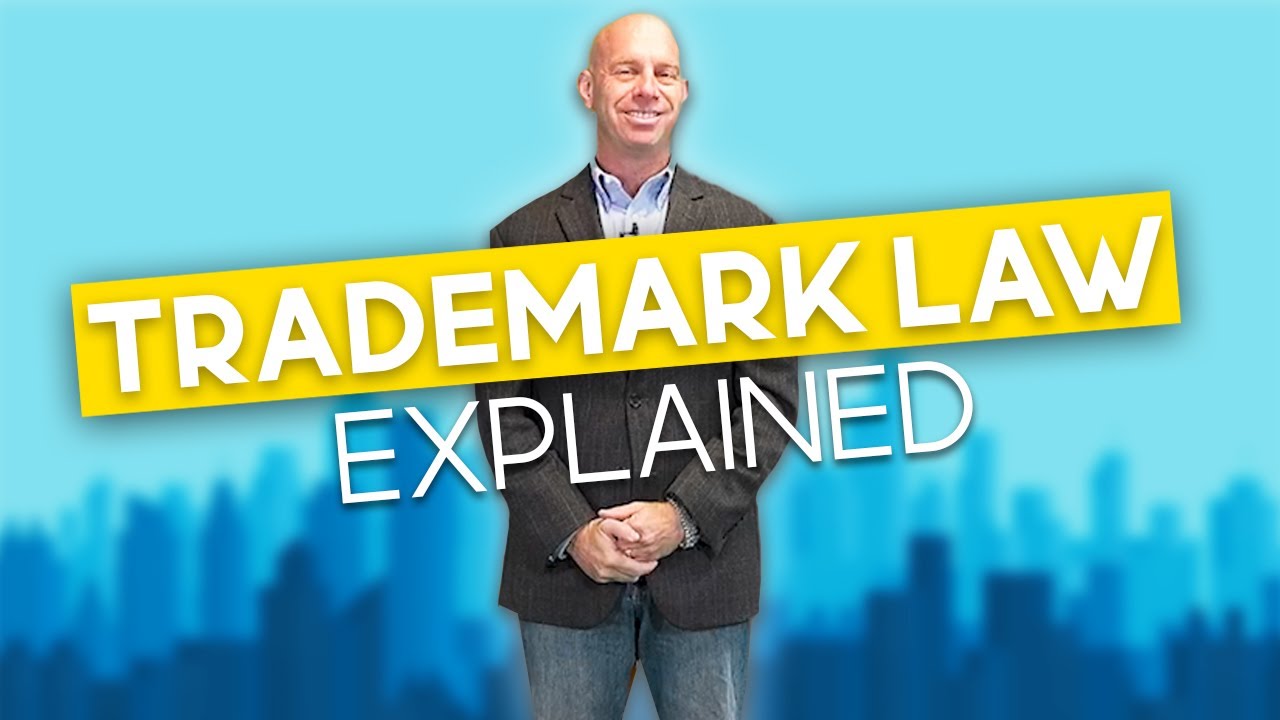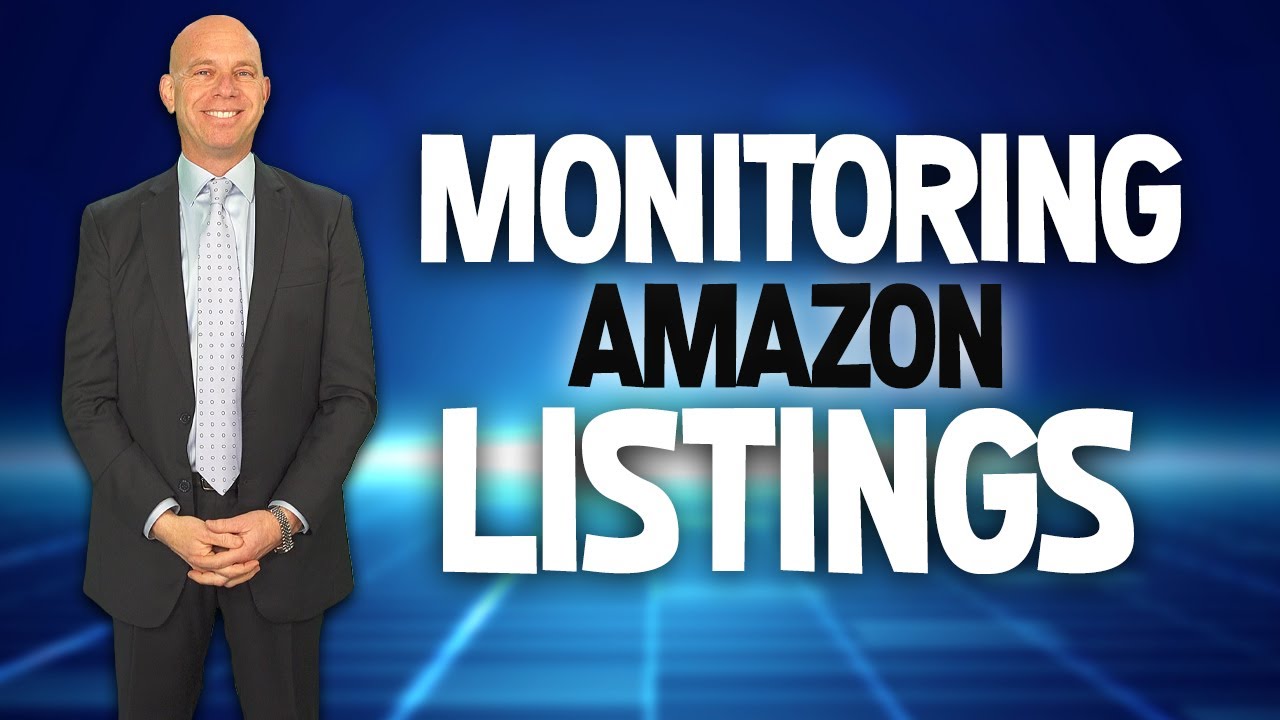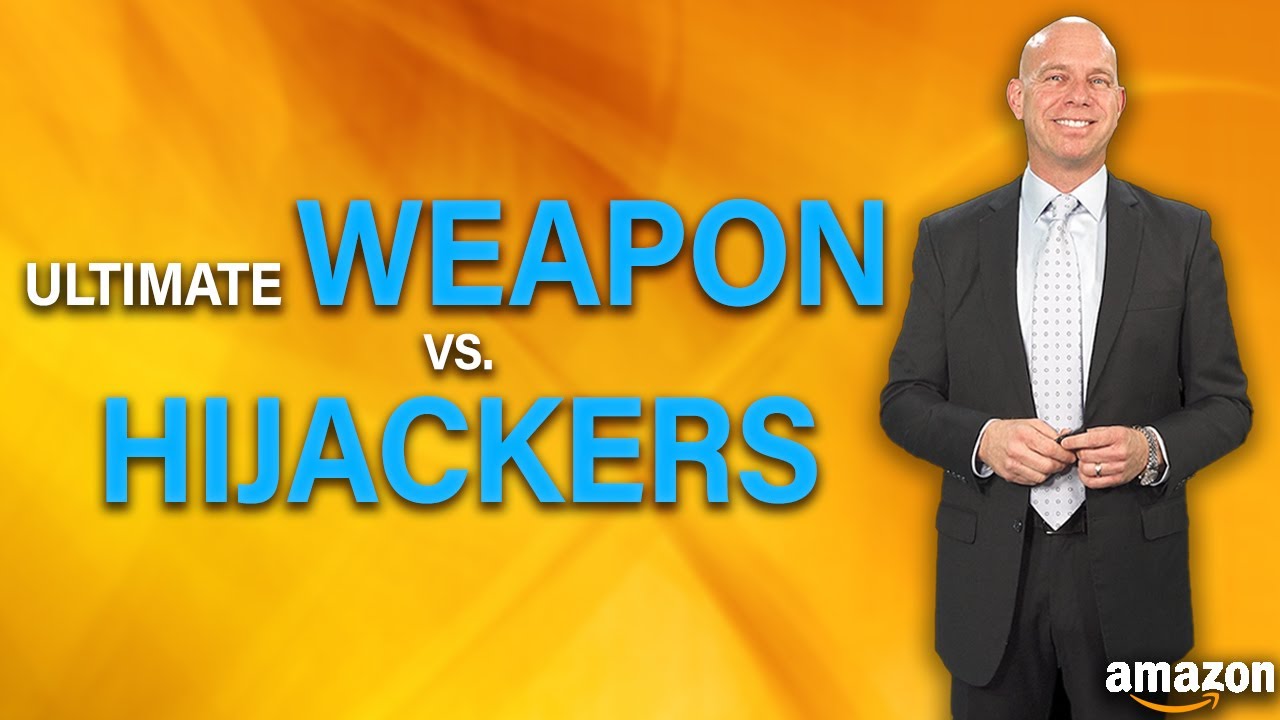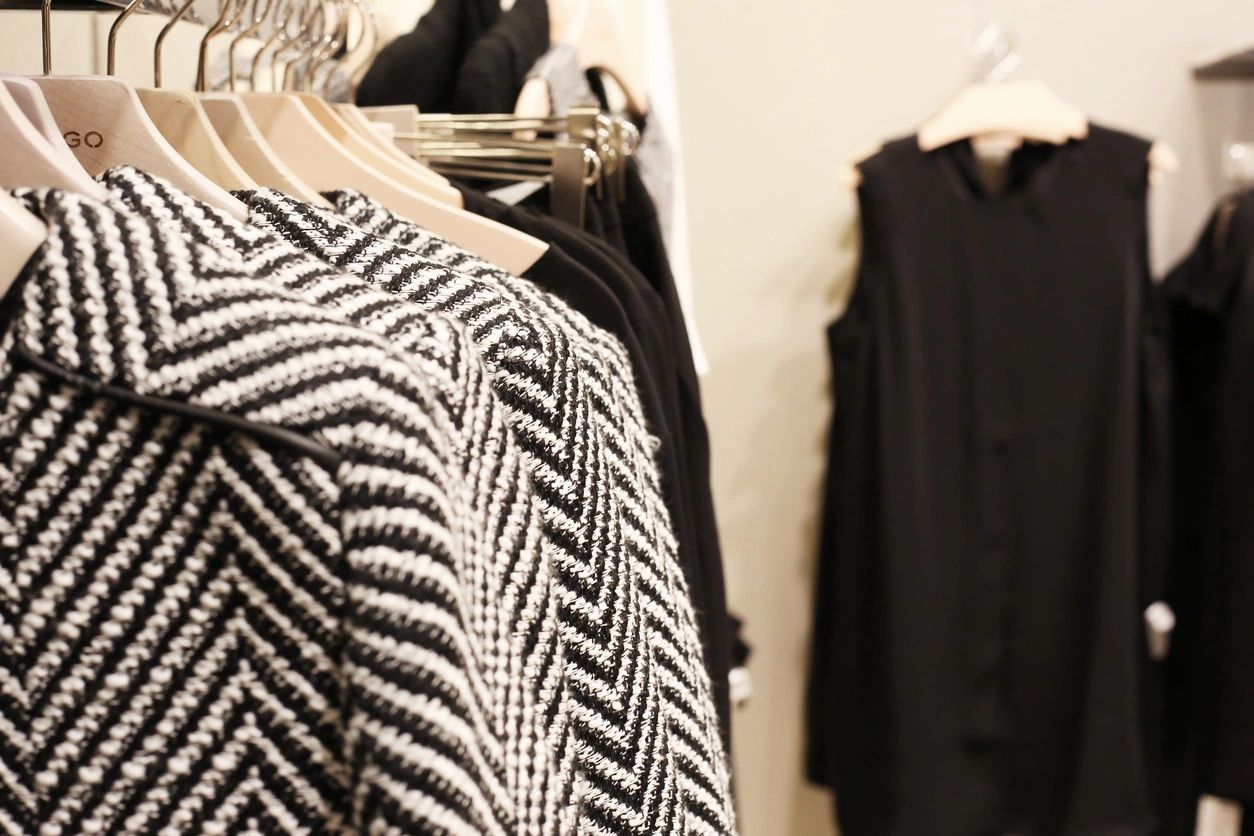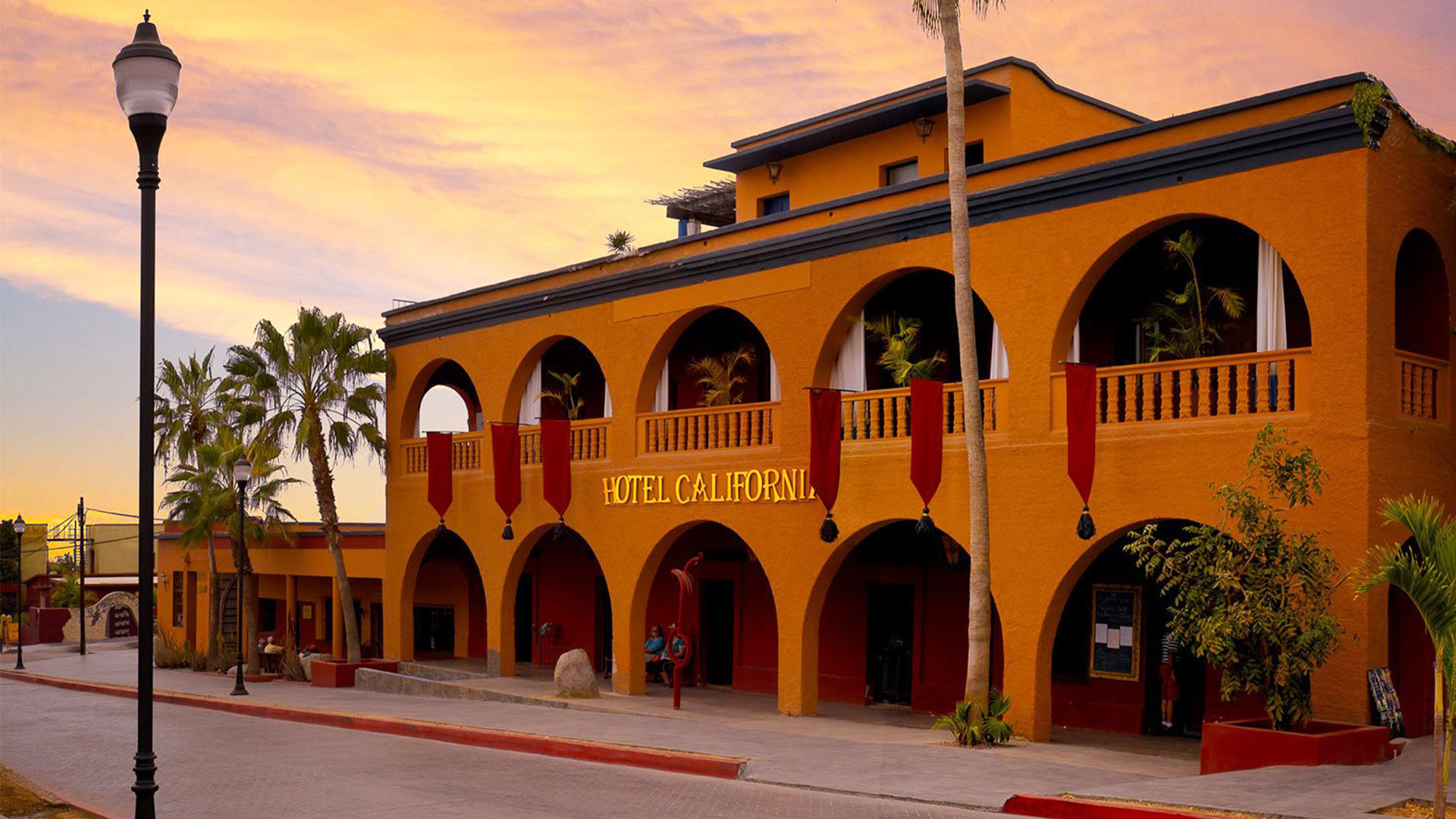
PROTECTING YOUR B(R)AND
Trademark Infringement Actions
Registering your products for trademark is extremely important for bands to keep their merchandising profits specific to them.
A trademark is “any word, name, symbol, or design or any combination thereof, used in commerce to identify and distinguish the goods of one manufacturer or seller from those of another and to indicate the source of the goods.” [1]
A trademark acts as a sign, for the consumer, that the product they are purchasing will deliver the same consistent quality that they associate with that good. In this case, the quality of the good is the music, and when someone buys a band t-shirt, they expect the profits to go to the band and wear it to represent their taste in music. When knock-offs are allowed to be sold with no benefit to the band themselves, they, as the consumer, are being injured by not getting the product they thought they were getting.
In 2017, The Eagles filed a complaint against a hotel chain in Mexico named Hotel California Baja, for infringing on their “Hotel California” trademark.
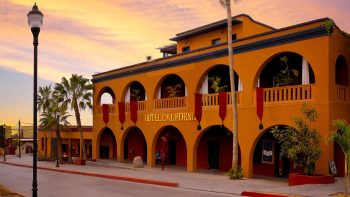 This is the first time in almost 40 years that Eagles, Ltd. had taken any action to protect their trademark. The Eagles claimed that the hotel chain was exploiting the Eagles most famous song and album title to sell their own merchandise, and to profit from the Eagles.
This is the first time in almost 40 years that Eagles, Ltd. had taken any action to protect their trademark. The Eagles claimed that the hotel chain was exploiting the Eagles most famous song and album title to sell their own merchandise, and to profit from the Eagles.
They alleged that the hotel chain was selling unlicensed merchandise with “Hotel California” on them to unwitting tourists, who were under the impression that it was connected with the band themselves.
The Hotel responded by stating that they have owned and operated the same hotel since 1950, 26 years before the Eagles’ released their world-renowned single. In fact, the name had been changed a couple of times. It was re-branded as Hotel California in 2001 when it was bought, and the trademark application for “Hotel California” was filed in 2015 in the U.S. The hotel chain also claimed to have owned the trademark applications and registrations for the trademark Hotel California in Mexico. [2]
The Eagles sought “an injunction to prevent the Hotel California from using that name as well as all related profits, plus damages and relief.” [3]
In January 2018, The Eagles settled with the hotel chain. About a week prior, the U.S Patent and Trademark Office accepted Hotel California Baja’s request to permanently abandon its trademark application. [4] It seems, according to the hotel’s lawyers, that the hotel will continue to use the trademark in Mexico. It follows that the hotel will, therefore, not have the U.S. trademark for the name and will not be selling anymore merchandise to unwitting customers in the U.S.
While The Eagles still do not have the actual trademark for “Hotel California,” they argued that since it has become so widely known and associated with the rock band, they have the “common law rights” to the name since the late 1970s. [5] Now that the hotel chain has abandoned its trademark application, the name “Hotel California” is specific for the world-renowned band, The Eagles.
If The Eagles would have had us as their lawyer in 1976, we would have told them that they should trademark the 32 million copies sold titled song “Hotel California”. Imagine if they would have trademarked that phrase in 1977, instead of just hoping to have the common law rights to that phrase. The amount of headache they would have avoided for themselves and fans of theirs, as well as the profit they would have turned from trademarking that phrase might have propelled them even farther than they were.
The Beatles have a similar case, when they filed suit on Feb 1, 2018 against 48 different online sellers of counterfeit goods, for $100 million.
The sellers sell different products ranging from onesies to tank tops to bed linens to phone cases. [6] The logos on these products is what the Beatles are alleging is infringing on their trademarks.
These trademarks are owned by either Apple Corps or Subafilms; the two corporations owned by the Beatles. These products are sold on an assortment of online marketplaces such as Amazon and eBay, to name a few. [7] The suit also claims that the products themselves are materially different and worse in quality than the authentic goods. They are also suing for monetary damages of $2 million for each counterfeit trademark used or product sold.
The suit is being brought because of the infringement of two of their trademarks, “Beatles” and “Yellow Submarine.” The Beatles are seeking to have the listings barred from the websites. They are also seeking to have blocks placed on the domain names so this cannot again happen in the future.
While this case is still ongoing, it goes to show that even for a band who no longer has half its members, they can still sue and have a good chance of winning and maintaining the good name they have.
Even though these two cases deal with extremely famous bands who have played sold out shows everywhere you can think of, even a band that’s not as big has a lot to lose from failing to trademark their products.
Keep every merchandise dollar for yourself… get trademark protection from the start.
[1] 15 U.S.C. s 1127.
[2] https://www.rollingstone.com/music/news/mexicos-hotel-california-responds-to-eagles-lawsuit-w485138
[3] https://www.rollingstone.com/music/news/mexicos-hotel-california-responds-to-eagles-lawsuit-w485138
[4] https://www.billboard.com/articles/columns/rock/8095039/eagles-settle-hotel-california-trademark-lawsuit-mexico-inn
[5] https://www.npr.org/sections/thetwo-way/2018/01/19/579145980/eagles-v-hotel-california-after-lawsuit-band-reaches-a-settlement
[6] https://magazine.promomarketing.com/article/companies-cry-for-help-sue-alleged-trademarks-violators-over-beatles-merchandise/
[7] https://nypost.com/2018/02/02/beatles-trademark-owner-sues-vendors-for-counterfeit-merch/

